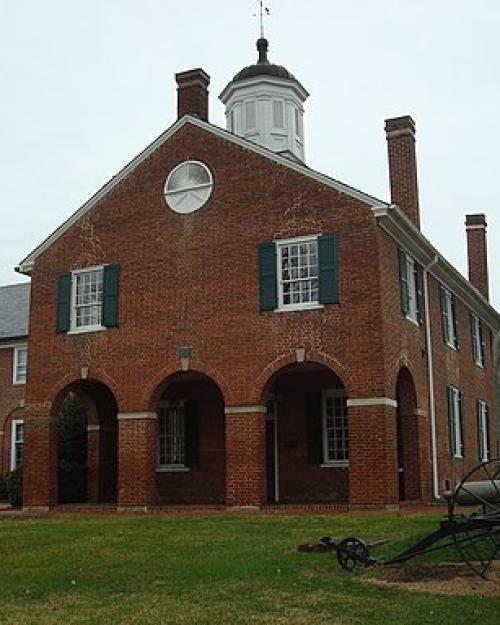Historian Tamika Nunley, author of “The Demands of Justice: Enslaved Women, Capital Crime, and Clemency in Early Virginia,” explains in this Washington Post op-ed that slave laws are not the proper legal framework with which to address whether embryos can be considered property, as was done by Judge Richard E. Gardiner in the recent Heidemann case in Fairfax, Virginia.
"Old laws rooted in human bondage cannot ethically address new legal challenges driven by reproductive technology or legally shape a more democratic future," writes Nunley, associate professor of history in the College of Arts and Sciences. "Returning to the logic of slavery to understand battles today over new reproductive technologies resurrects a very troubling history that has never accorded Black women agency over their own reproduction — but has instead historically rendered their bodies vulnerable to sexual violence and viewed their reproductive capabilities through the lens of White economic gain."
Read the entire Washington Post piece here.




